Samantha Murphy and Theo Hayez disappearances: Lives at risk as coroner’s findings await action
The NSW and federal governments are refusing to commit to implementing inquest findings a coroner said could ‘save lives’ when people disappear, and that may have helped track missing Ballarat mother Samantha Murphy.
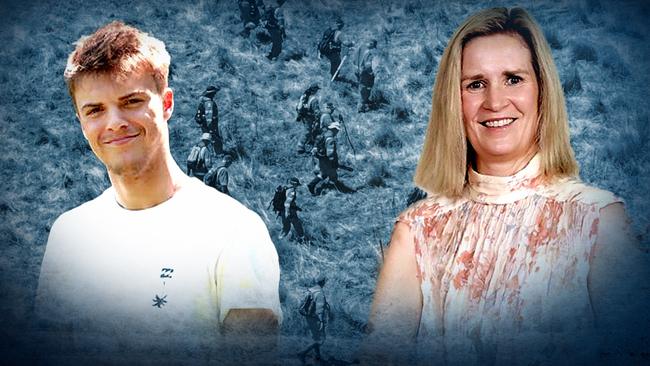
The NSW and federal governments are refusing to commit to implementing inquest findings a coroner said could “save lives” when people disappear, and that may have helped track missing Ballarat mother Samantha Murphy.
State Coroner Teresa O’Sullivan called for an inquiry into difficulties in promptly gaining information from multinationals such as Google, Facebook and Apple following an inquest into the 2019 disappearance of backpacker Theo Hayez, 18, in Byron Bay.
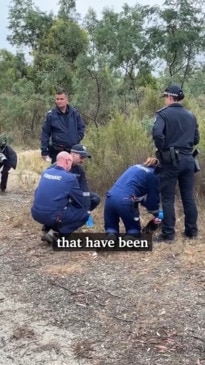
The tech giants collect vast amounts of GPS location data and other information that could be crucial in finding people in emergencies, but the coroner’s recommendation of a review of laws has been ignored for more than a year, The Weekend Australian revealed last week.
With recommendations still awaiting action, the NSW Coroners Court has detailed who was provided the findings. The inquest’s number one recommendation was for a joint federal-NSW inquiry into laws governing missing persons investigations, including the problems in gaining data from tech companies and overseas investigative agencies.
The Australian Law Reform Commission was sent the Hayez findings by letter dated October 27, 2022, and the NSW Law Reform Commission by letter dated November 3, 2022, the court said.
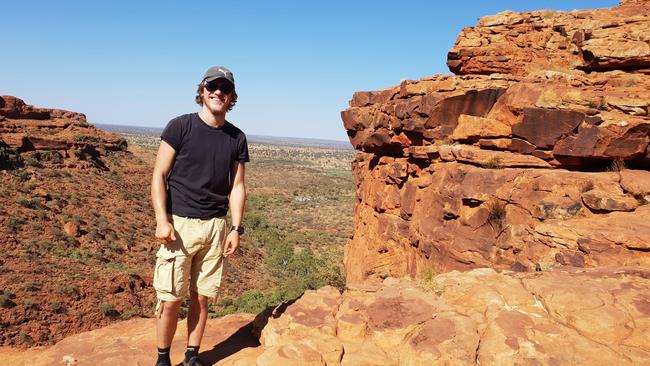
Both commissions have said they were not asked by their respective federal and state attorneys-general to examine the issues raised in the Hayez inquest, required for inquiries to be launched. However, a spokesman for Attorney-General Mark Dreyfus said the federal law reform commission could suggest laws that should be reviewed.
“The Attorney-General may refer a matter to the ALRC, either at the ALRC’s suggestion or on his or her own initiative,” he said.
No record could be found of Mr Dreyfus being provided the Hayez inquest findings, he said.
The NSW Coroners Court confirmed it did not send the findings to Mr Dreyfus, but did send them to then NSW attorney-general Mark Speakman on October 27, 2022. Mr Speakman, now state Opposition Leader, this week declined to say what actions he took. A spokesman said he “did not recall any briefings on the inquest from his department”.
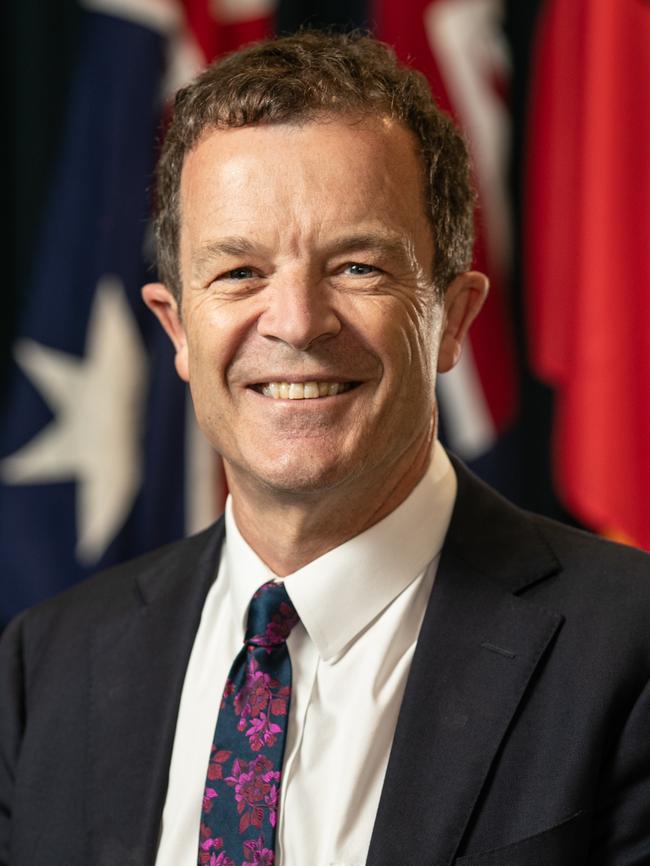
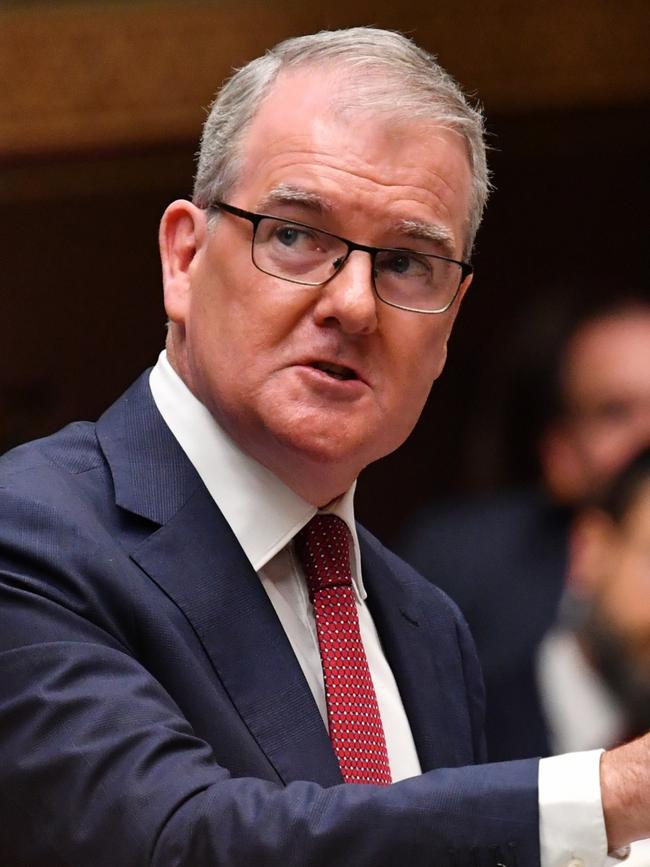
NSW Attorney-General Michael Daley was asked why he hadn’t arranged a joint federal-state inquiry since taking the role almost a year ago, whether he would now immediately arrange the inquiry, and whether Hayez’s family deserves an apology. He did not respond by deadline.
Inaction on the findings has come to light after Ms Murphy’s disappearance almost three weeks ago. The mother of three, 51, was wearing an Apple watch and had her phone with her.
Under current laws, police have to be investigating a crime to formally request information through the Mutual Legal Assistance Treaty.
In Ms Murphy’s case, police initially said there was nothing suspicious or sinister. That position has changed dramatically, with Victoria Police on Friday saying that someone was most likely involved in her disappearance, potentially opening an avenue for data to be obtained.
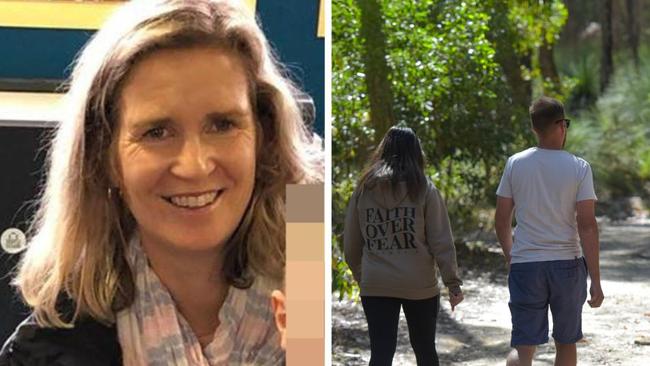
An agreement came into force in January between Australia and the US that allows investigators to more easily and quickly seek data from firms such as Google and Apple, but only for crimes.
Investigators have declined to disclose steps taken to obtain Ms Murphy’s data, citing the need to protect police methodology.
Police can ask tech companies to provide data voluntarily when there is an imminent threat to life, but the extent of co-operation is unknown. The Hayez inquest found some police weren’t aware this was an option.
Ms O’Sullivan said: “Many of these legislative barriers are inexplicable and removing them could save lives and help prevent the awful grief of ambiguous loss suffered by Theo’s family and many others.”






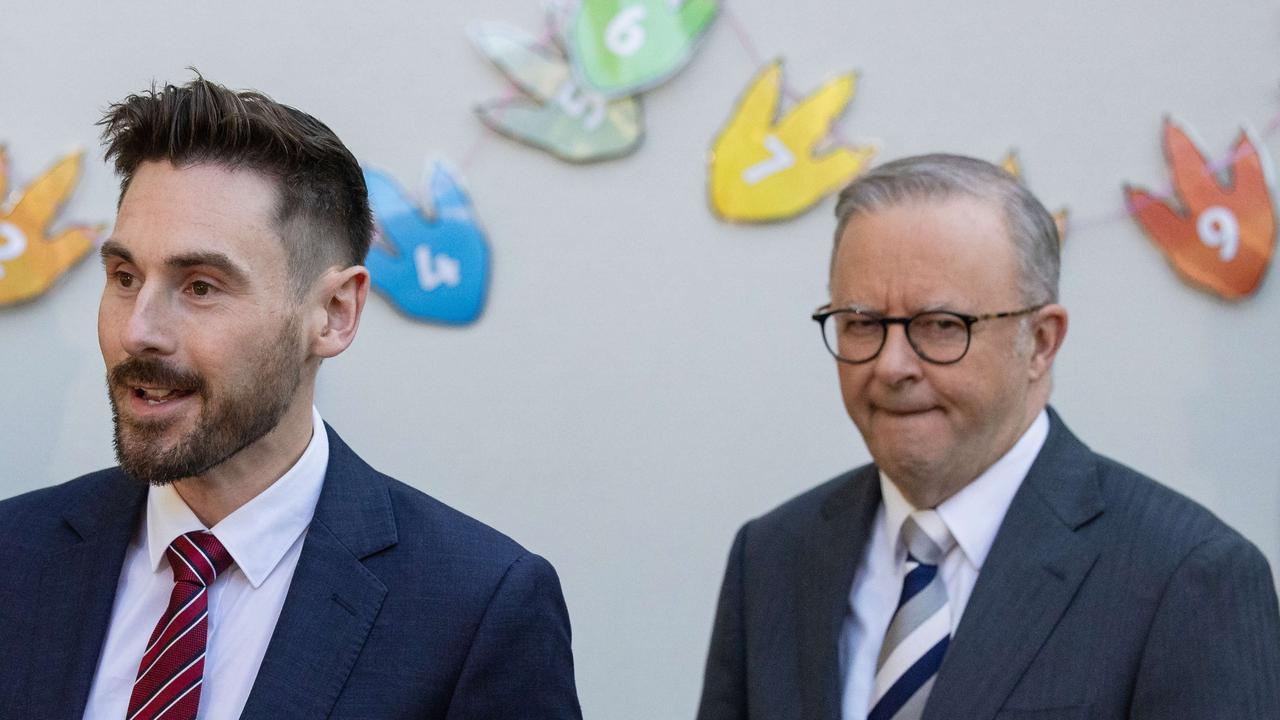
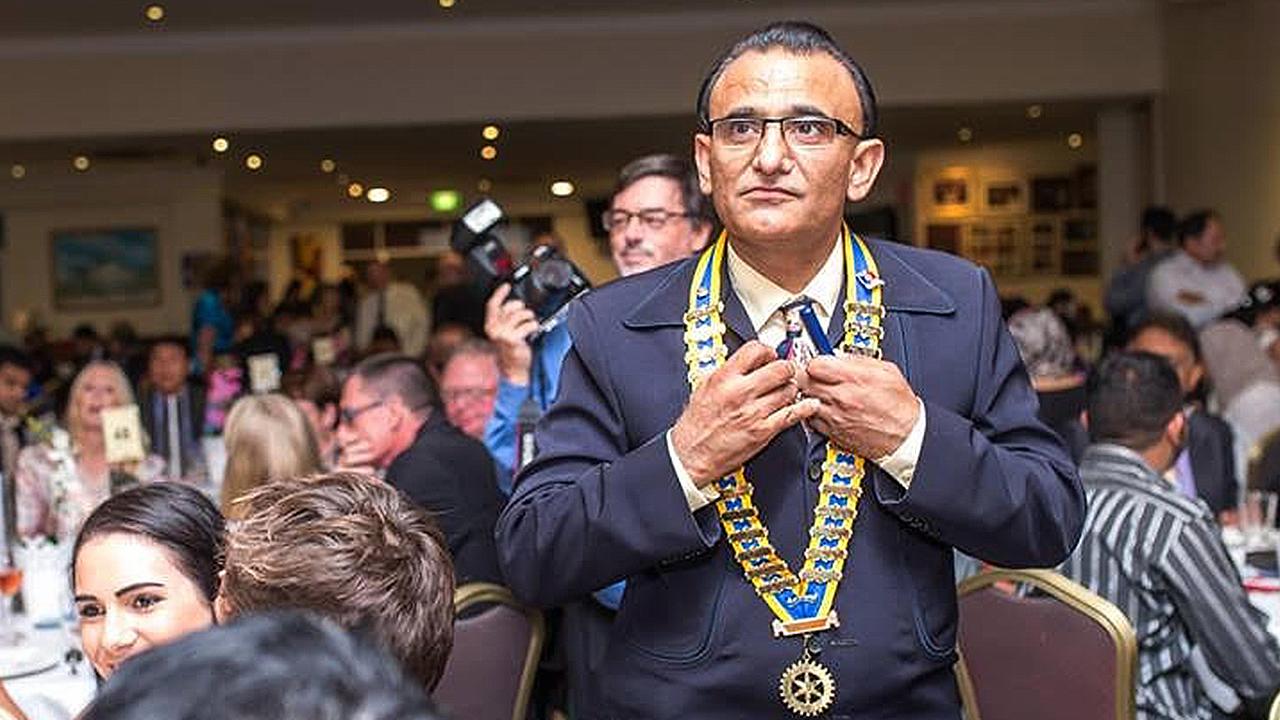
To join the conversation, please log in. Don't have an account? Register
Join the conversation, you are commenting as Logout